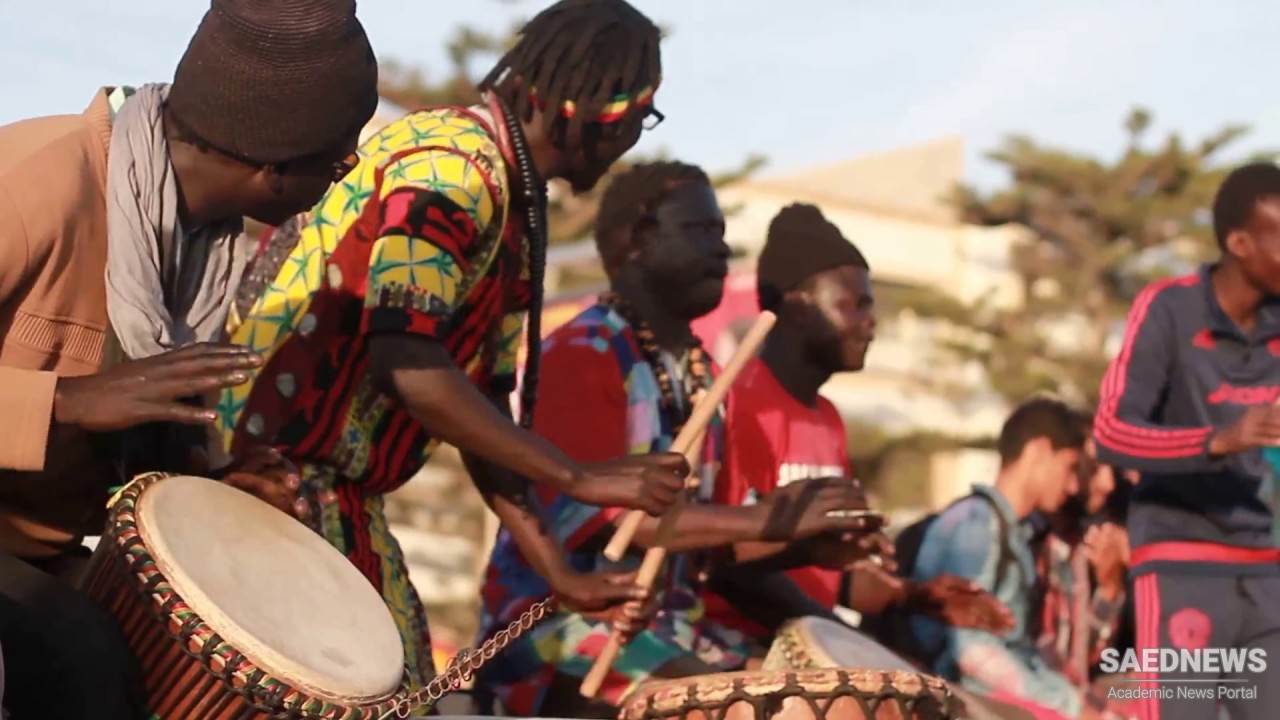Outside the Western world, “folk” exists as a term from foreign shores. In India, it bears colonial traces and class markings, as folklorica does in Latin American usage. Europeans (or, later, Americans) came, observed, recorded, and wrote about the many musical communities they encountered, some of which they labeled “folk,” a term that survives and thrives in today’s urbanized, organized, and commercialized worlds of music. Sometimes they preferred the word “primitive” in describing the music of small-scale societies, a term that has, thankfully, dropped out of writing today. Musical tradition and innovation continue to fl ourish—often unlabeled—in the small-scale communities and urban neighborhoods of Africa, Asia, Oceania, Latin America, and the Caribbean and among indigenous peoples in the Americas, Australia, the Arctic, and the Pacific. One core concept that can help to pinpoint where folk music lives is everyday musical invention. Behind the term lurks the comfortable sense of a face-to-face community that relies on homemade resonance to get through individual and collective experiences. Eventually, in a worldwide ripple effect diffusing from the West, the music moves out into broader public arenas and enters the marketing age. Today and tomorrow, global linkages increasingly bind even the remotest rural music to the cutting-edge scenes of the big cities and little handheld devices and to the boardrooms of corporations and large international organizations.


 What Is It Called Folk Music?
What Is It Called Folk Music?














































